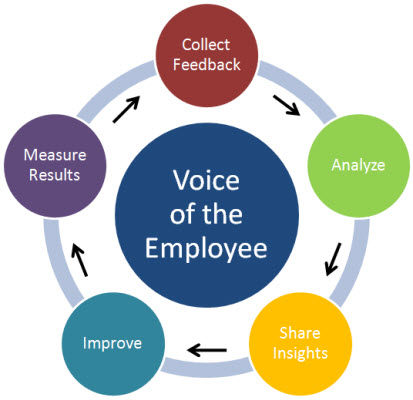Developing an Employee Retention Strategy that Sticks
February 12, 2022
In my junior year of college as an undergraduate, I took a marketing class with a young, female professor. The class focused on aspects of corporate culture, customer relationship management, and most importantly, employee retention. While the class itself was great, how I truly came to know and understand the concept of employee retention, was through the way my professor conducted the class, the way she treated us as students, and the way she posed we treat her.
As most of us know, many college classes are set up like a dictatorship. The professor lays out a set of requirements we must follow throughout the semester, typically stands at the front of the class lecturing, and then ultimately has the power of our final grade in his or her hands. Yet, the class I’m referring to was entirely different.

First of all, my professor worked with us throughout the semester on our performance. Rather than handing us a set of requirements to follow for a “good grade,” she worked with us to improve our knowledge within the subject throughout the semester, only requiring that we work hard and put our best effort forth.
“A good employee retention strategy motivates in six different ways – achievement, recognition, job satisfaction, responsibility, advancement, growth.”
Furthermore, my professor set up for a two-way line of communication. In other words, she would be transparent about what we needed to work on, and we were encouraged to be honest with her on what she needed to work on for instructing the class.
Moreover, my professor always showed the utmost respect and trust for us, while still seeing that we respected and trusted her too. One way she always showed respect was by apologizing when she had made a mistake on our homework, or ignored someone who had raised their hand. At the same time, she expected us to listen and refrain from interrupting her when she was speaking. In terms of trust, one way my professor showed this was by stepping outside the classroom when we were taking a test or quiz. Surprisingly, no one cheated. I actually think it caused less cheating among my peers.

Lastly, my professor continuously enforced an aspect of competitive advantage. She did this by endlessly informing us of the “status” of our school, and the future benefits we would receive if we worked hard now. This inspired us to do well in her class. I truly think it takes a strong leader to ground their employees back in the foundation of why they’re doing something.
My point in this story is that even in a classroom setting where more respect is typically needed, my professor was still able to implement all aspects of a good employee retention strategy, so we not only enjoyed her class, but working with her as well.
If she could do it in a classroom, anyone can do it in business. Take her advice!





